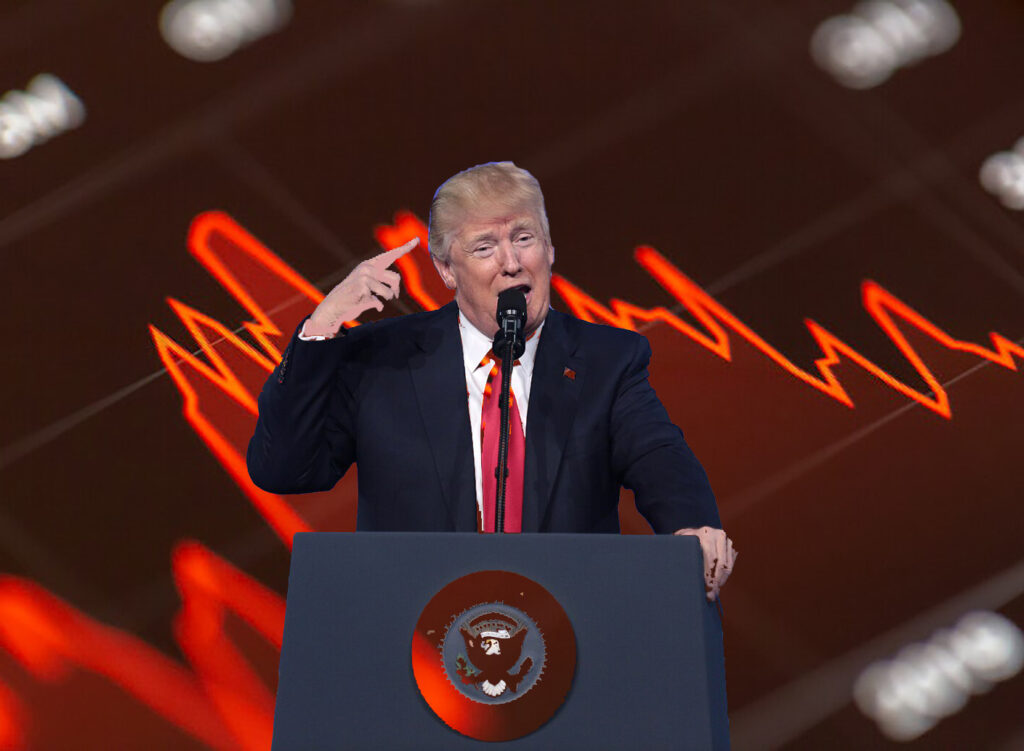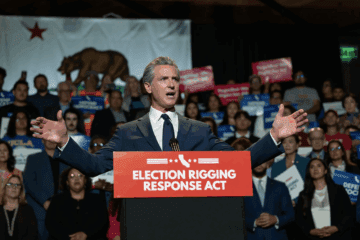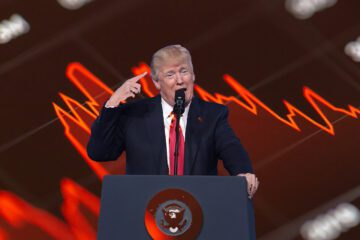These Things Are Getting More Expensive Due To Trump’s Tariffs

On 7 August 2025, the Trump regime announced that products from the European Union, Japan and South Korea would be subject to tariff rates of at least ten percent. Specifically, goods from the European Union, Japan and South Korea will be taxed at 15%, while imports from Taiwan, Vietnam and Bangladesh will be taxed at 20%. One week earlier, the Trump regime declared that tariffs on Canadian exports would be raised to 35% if they are not compliant with the Canada-U.S.-Mexico Agreement, and that imports shipped from Canada through another country to circumnavigate tariffs would be penalized with a 40% tariff. In addition, a 50% tariff on all aluminum and steel imports into the U.S. has been in effect since 4 June 2025, with a similar tariff on copper taking effect on the first day of August.
As a result of the tariff on aluminum, the AriZona Beverage Company, famous for steadfastly selling 22-ounce tallboy cans of iced teas and fruit juices for only 99 cents since 1992, announced that it might possibly be forced to raise prices on those same products, as 20% of the sheet aluminum used to make the cans is imported.
In fact, although the only foodstuffs subject to tariff are tomatoes from Mexico, which now cost 17.09% extra, the cost of groceries is liable to increase as a result of tariffs on things used in the production of food, such as machinery, proprietary components thereof, fertilizers and packaging materials such as paper, plastic, glass and metal. The wine industry has also been hit hard by tariffs for this same reason. Though the vast majority of wine consumed in the United States is produced in California, the barrels used to store it often come from France and the corks used to seal bottles usually come from Portugal, and each come with a 15% tariff. Most of the glass bottles used to package the wine, particularly in California, are imported from China, therefore currently subject to a 30% tariff pending a trade truce between China in the United States after their tariff war earlier this year became particularly retributive.
In addition, due to the tariffs on imported metals, imported plastics and components thereof such as petroleum, polymers and other chemicals, the prices of things like polyester clothing, patio furniture, electronics, home appliances and children’s toys are bound to increase. It’s also a sure bet that the price of a new car will go up, naturally owing to the tariffs. According to CarEdge.com, 60% of 2026 models saw their manufacturer’s suggested retail price climb, with the Honda Passport seeing the highest increase at 5.1%.
While the tariffs on packaging materials, farm equipment and machinery may cause an unavoidable increase in people’s grocery bills, even at farmer’s markets, buying other goods like clothing, vehicles, electronics and appliances secondhand might be the best option for consumers to work around this particular hurdle. Obviously, checking the seller’s track record and knowing for certain that the thing being bought and sold is in proper working order is an absolute must in this case.

Howdy! My name is Katy Atchison and I'm an Associate Editor for Broke-Ass Stuart.
I want to take the time to say thank you for supporting independent news media by reading BrokeAssstuart.com. Supporting independent news sources like Broke-Ass Stuart is vital to supporting our community because it amplifies the voices of a wide variety of diverse opinions. You also help support small businesses and local artists by sharing stories from Broke-Ass Stuart.
Because you're one of our supporters, I wanted to send over a pro-tip.
Our bi-weekly newsletter is a great way to get round ups of Broke-Ass Stuart stories, learn about new businesses in The Bay Area, find out about fun local events and be first in line for giveaways.
If you’d like to get our newsletter, signup right here, it takes 5 seconds.







